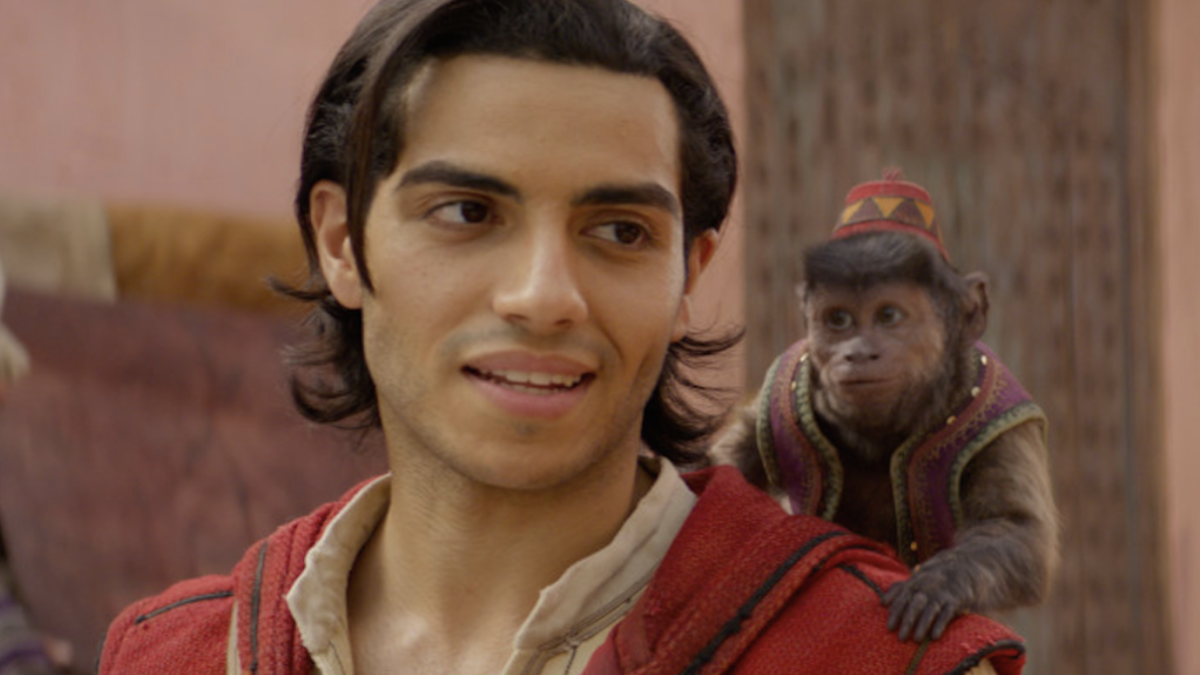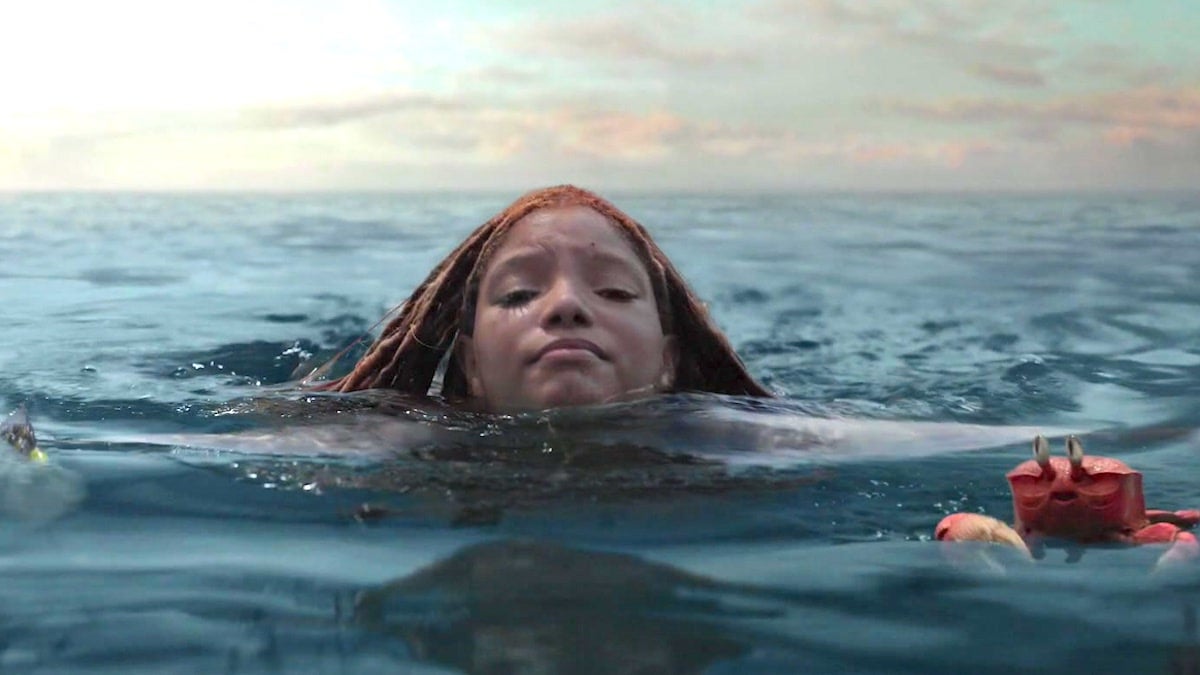Walt Disney Studios came skidding across the finish line of 2023, billowing solid black smoke clouds and dragging its fender, two tires, and a confused member of its pit crew behind it.
Maybe that’s dramatic. But so was the news that Disney, the company that owns everything you’ve ever loved, was the first loser at the 2023 box office. The winner, against all odds, was Universal, the company that brought you Cocaine Bear and tried kind of hard to bring you the Dark Universe. With the help of releases like Oppenheimer, The Super Mario Bros. Movie, and M3GAN, the studio raked in a solid $4.9 billion and change. Meanwhile, the folks at Disney ate found crow meat and drank gutter sludge thanks to their $4.827 billion take. Rookie numbers, really.
For their part, the folks at Disney were quick to point out the extenuating circumstances surrounding the egg on their faces: The studio only released 17 movies compared to Universal’s 24, and that more of their films had cracked the year’s top 10 than any other studio’s. Even so, the shame lingered. The House of Mouse’s top performer of the year was Guardians of the Galaxy Volume 3, written and directed by a man that they’d loudly fired in his last hurrah before taking over as head of the competition over at DC. Movies that should’ve been surefire hits – MCU entries, an Indiana Jones sequel, an adaptation of a beloved theme park attraction – ate it hard.
And sure, the majority of the crisis prevention over at Disney is probably keyed in on the MCU, what with The Marvels not even breaking $100 million domestic and Jonathan Majors’ personal crusade against making money. But there’s another point of diminishing returns that the studio might need to take into consideration: The gangrenous limb of the company responsible for live-action remakes.
Can Disney shake the live-action remake monkey off its back?

Looking at the situation with the jittery, glazed-over eyes of a compulsive gambler, it’s not hard to understand why Disney keeps rolling bones on live-action adaptations of its ubiquitous animated properties. Sure, when things go badly – and they do – it’s a disaster. There’s a dank studio basement somewhere in Burbank, and whichever junior executive said “Let’s remake Dumbo” is chained to the floor five years after the fact, writing “I’ve been bad” on the wall until Bob Iger says he can stop.
But when the dice hit just right, they hit so hard. The last theatrically released Disney remake that didn’t come out mid-pandemic was The Lion King. It made the kind of money that ends wars. If the shady corners of the internet are right and you can buy a real lion for about $1500, then 2019’s The Lion King made enough money to buy every one of the remaining 24,000 lions in the world 40 times, and it did it while being just so boring, cultivating a 52% approval rating on Rotten Tomatoes. It was the third live-action (ish) Disney remake to crack a billion dollars at the box office – fourth, if you count that Alice in Wonderland movie from 2010 as a remake and not just a nightmare that Tim Burton had after he fell asleep reading a Divergent book with cartoons on in the background.
2023 saw three major live-action Disney remakes: A dour Peter Pan remix that you forgot came out, which The Guardian called “passable but unnecessary,” a Pinocchio… thing starring Tom Hanks as a wig on a greenscreen, and the only entry to make it to theaters: The Little Mermaid. The film fell short of expectations, raking in $570 million on a nearly $300 million budget. A target audience of Disney adults had grown wary of dead-eyed photorealistic CGI animals lip syncing to childhood classics. Culture war enthusiasts on either side of played-out arguments made the movie an exhausting proposition for curious potential theatergoers that just wanted to see Javier Bardem with a fish for a butt. All signs point to the studio’s next adaptation, Snow White, being more of the same.
Even more than their alarmingly hit-and-miss financial performances, what might give Disney’s live-action division pause is the list of films they have left to adapt. The big entries from the studio’s golden age are already accounted for. Hercules, Lilo and Stitch, and, inexplicably, The Aristocats are all slated for the next decade or so. A Robin Hood remake featuring photorealistic anthropomorphic animals might draw exactly the audience you’re imagining, but it’s hard to imagine what the crowd would look like at the premiere of The Hunchback of Notre Dame, starring a true-to-life CGI congenital kyphosis patient.
Should Disney stop making live-action adaptations? Probably, yeah, from a creative perspective, and for the sake of maintaining their last fistful of audience goodwill. Will they stop? Well, no. Of course they won’t. Public recognition is three quarters of the battle in marketing, and everyone knows a Disney movie when they see its title on a poster. As long as we keep handing them even a little bit of money, they’ll keep betting that we’ll do it again. Gambling doesn’t get easier to quit once it grosses you an estimated $10 billion over 30 years.

